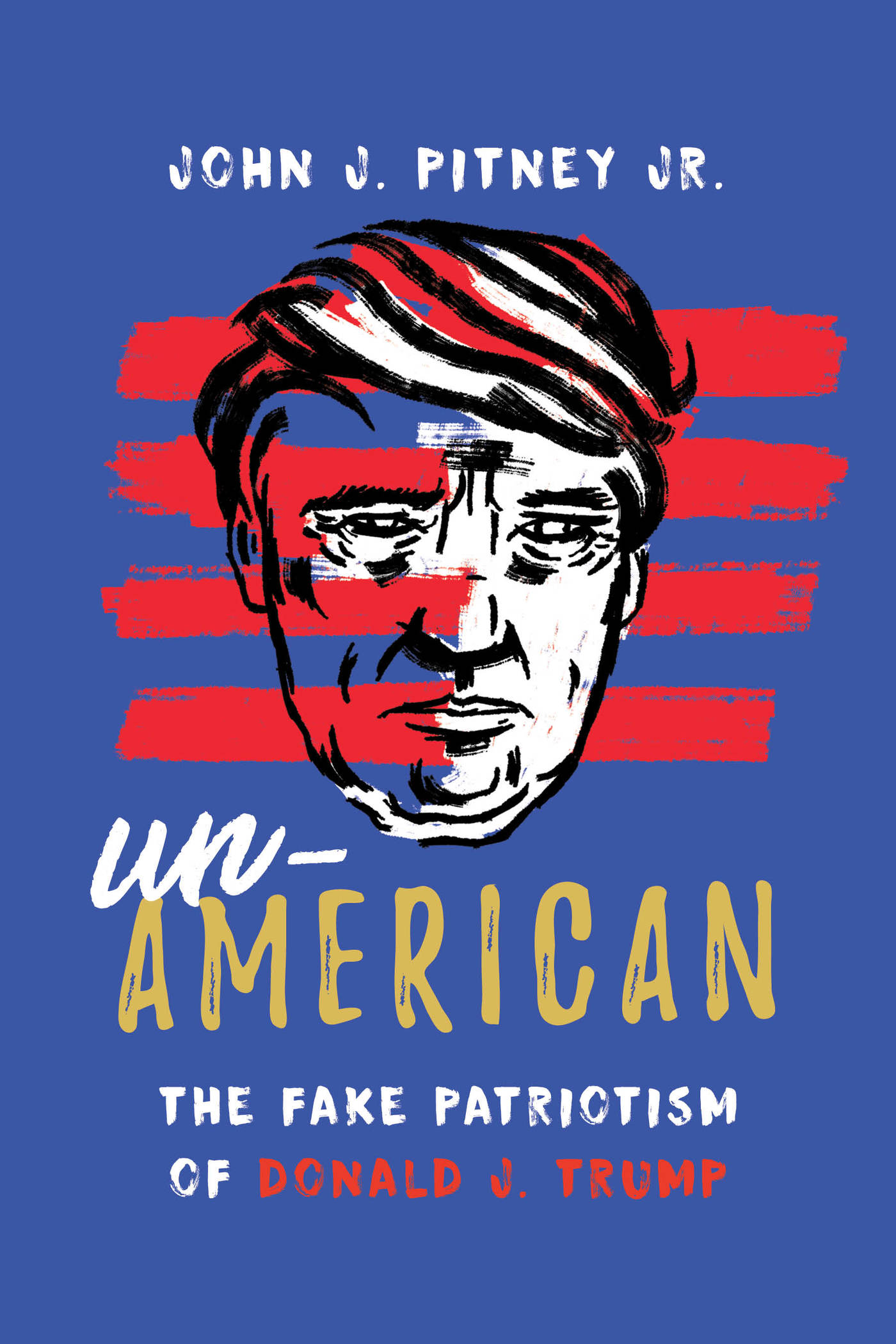Un-American
Un-American
The Fake Patriotism of
Donald J. Trump
John J. Pitney Jr.
ROWMAN & LITTLEFIELD
Lanham Boulder New York London
Published by Rowman & Littlefield
An imprint of The Rowman & Littlefield Publishing Group, Inc.
4501 Forbes Boulevard, Suite 200, Lanham, Maryland 20706
www.rowman.com
6 Tinworth Street, London SE11 5AL
Copyright 2020 by The Rowman & Littlefield Publishing Group, Inc.
All rights reserved. No part of this book may be reproduced in any form or by any electronic or mechanical means, including information storage and retrieval systems, without written permission from the publisher, except by a reviewer who may quote passages in a review.
British Library Cataloguing in Publication Information Available
Library of Congress Cataloging-in-Publication Data
Names: Pitney, John J., Jr., 1955-.
Un-American: The fake patriotism of Donald J. Trump / John J. Pitney, Jr.
Lanham : Rowman & Littlefield Publishers, 2020. | Includes bibliographical references and index. | Summary: A scathing indictment of Donald Trump on the eve of the 2020 election. In this book, John J. Pitney Jr., one of America's most incisive conservative commentators, exposes a core irony of Trumps presidency: that a man who is quick to question the patriotism of his critics is himself deeply unpatriotic-- Provided by publisher.
Identifiers: LCCN 2019048493 (print) | LCCN 2019048494 (ebook) | ISBN 9781538129258 (cloth) | ISBN 9781538129265 (epub)
Subjects: LCSH: Trump, Donald, 1946- | Trump, Donald, 1946--Political and social views. | United States--Politics and government--2009-2017. | Presidents--United States--Biography.
Classification: LCC E913 .P58 2020 (print) | LCC E913 (ebook) | DDC 973.933092--dc23
LC record available at https://lccn.loc.gov/2019048493 | LC ebook record available at https://lccn.loc.gov/2019048494
 TM The paper used in this publication meets the minimum requirements of American National Standard for Information Sciences Permanence of Paper for Printed Library Materials, ANSI/NISO Z39.48-1992.
TM The paper used in this publication meets the minimum requirements of American National Standard for Information Sciences Permanence of Paper for Printed Library Materials, ANSI/NISO Z39.48-1992.
Preface
I spent most of my life as a Republican. As a teenager, I worked for the party by stuffing envelopes, ringing doorbells, and performing other mundane tasks of grassroots politics. On the morning of my 18th birthday, I made a special trip to the county seat to register as a Republican. Later, I spent seven years as a full-time staffer for Republican officials and organizations in Albany, New York, and Washington, DC. In the early 1990s, as I began to do more media commentary, I stopped active participation in party affairs, but I continued to vote for GOP candidates. Although I split my ticket from time to time, I voted for every Republican presidential nominee between 1976 and 2012. When Donald Trump clinched the nomination in 2016, however, I knew that the streak would end. Until the night of the election, I hoped that he would lose so that the party could close this sad, bizarre chapter. When he won, it was obvious that he would take the party with him. As he mounted the stage to claim victory, I took out my laptop and changed my registration to independent (or no party preference in California terminology).
Since that night, it has become evident that Trump represents something deeper and darker than a break with GOP traditions. He has broken our countrys laws, repudiated its principles, and sided with its adversaries. He is, in a word, un-American. I wrote this book to explain how he has hurt the United States, and alas, how he provided me with new material every day.
I am hardly the first to break GOP ranks, and I am grateful to those who prepared the way in books, articles, and tweets: Max Boot, Amanda Carpenter, Mona Charen, George Conway, Mindy Finn, David French, David Frum, Reed Galen, Michael Gerson, Jonah Goldberg, Jennifer Horn, Bill Kristol, Mike Madrid, Liz Mair, Evan McMullin, Mike Murphy, Ana Navarro, Tom Nichols, Jay Nordlinger, Jennifer Rubin, Steve Schmidt, Stuart Stevens, Charles Sykes, John Weaver, Pete Wehner, George Will, and Rick Wilsonamong many others.
In writing, I have benefited from comments by my friends Bill Connelly, John Gardner, Lloyd Green, and Jeremy Shane. They bear no responsibility for my views, and of course, any mistakes are mine alone. This book would not have been possible without the loving forbearance of my wife, Lisa. I thank my daughter, Hannah, and my son, JP, for their patience as I sat mumbling and grumbling at my computer screen.
Chapter 1
Trump and the
American Tradition
The title of this book is deliberately provocative. At his rallies, Trump fondles the American flag as the loudspeakers blare God Bless the USA. His slogans are America First and Make America Great Again. How can anyone say that such a person opposes America? The answer is that Trumps display of patriotism is a reality shownot reality.
In 2019, Trump abused his power for his narrow self-interest, pressuring the government of Ukraine for information about his political opponents. It should have shocked Americans that an American president would seek foreign interference in our elections. But it was not Trumps first such betrayal. Consider what he said in July 2016: I will tell you thisRussia, if you're listening, I hope youre able to find the 30,000 e-mails that are missing. I think you will probably be rewarded mightily by our press. Lets see if that happens.
Think about that: A candidate for president was asking a hostile foreign government to steal the private communications of a former secretary of state. Within hours, its military did as he had asked. We do not know, and may never know, whether the timing was coincidental or whether the Russian military was responding to Trumps request. Either way, that request was an act of disloyalty to the United States. Trump later claimed to his supporters that he was joking. That was a lie; he made the remark with a serious tone during a press conference. When reporter Katy Tur asked if he had any qualms about what he had just done, he snapped, Nope, it gives me no pause.
Then Trump failed to do the things that a patriot would do. In the summer of 2016, the FBI warned Trump that Russia and other foreign adversaries would try to infiltrate his campaign.
Trump denied knowledge of Russian involvement. Maybe there is no hacking, he said shortly afterward in a televised debate. But they always blame Russia. And the reason they blame Russia [is] because they think theyre trying to tarnish me with Russia.
On January 20, 2017, Trump put his hand on a Bible and swore to God that I will faithfully execute the Office of President of the United States, and will to the best of my ability, preserve, protect and defend the Constitution of the United States. The Constitution sets out the wording of that oath, which is unique to the president: no other federal officials pledge that they will faithfully execute their offices. That oath imposes a duty of diligence. Trump did not mention the Russian threat to American democracy or his oath to protect the Constitution. He only talked about himself. In the months to come, Trump repeatedly obstructed the investigation, violating the take care clause of the Constitution. Among other actions, he fired the FBI director and tried to arrange for the firing of the special counsel, though a subordinate declined to carry out that order.
Next page
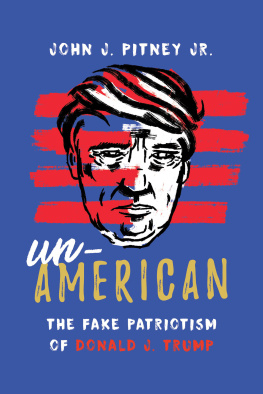
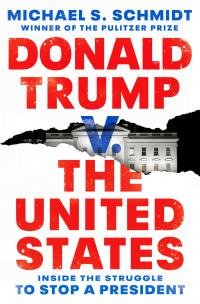
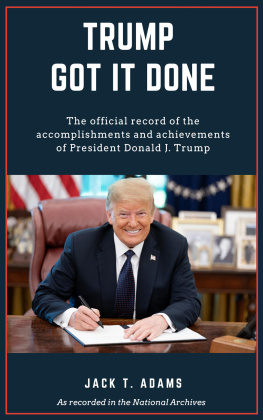

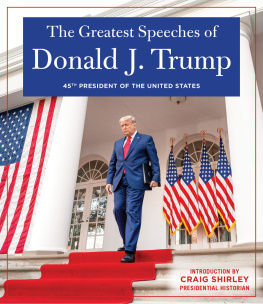

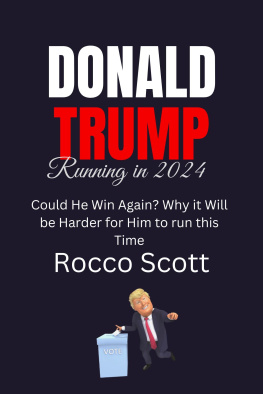
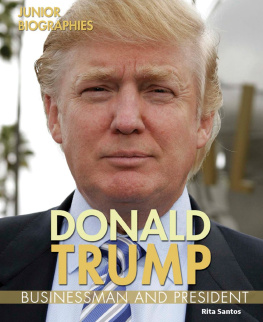
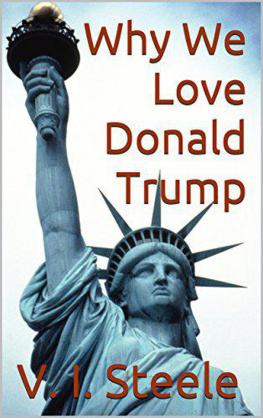
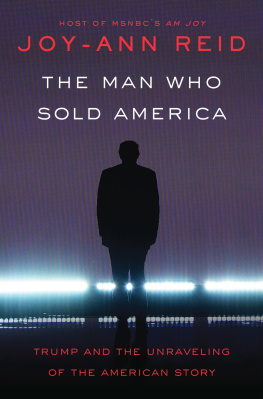
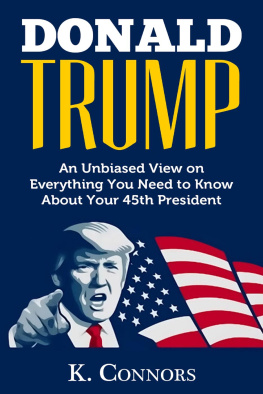
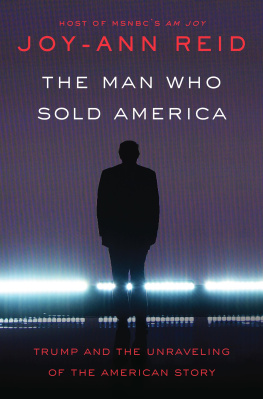
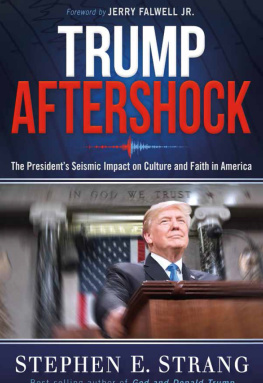
 TM The paper used in this publication meets the minimum requirements of American National Standard for Information Sciences Permanence of Paper for Printed Library Materials, ANSI/NISO Z39.48-1992.
TM The paper used in this publication meets the minimum requirements of American National Standard for Information Sciences Permanence of Paper for Printed Library Materials, ANSI/NISO Z39.48-1992.